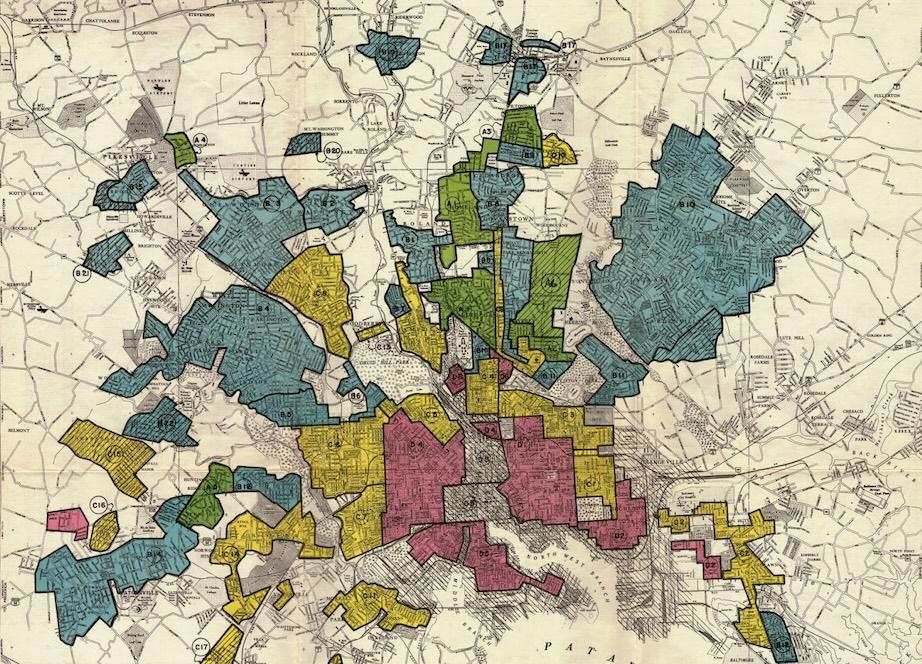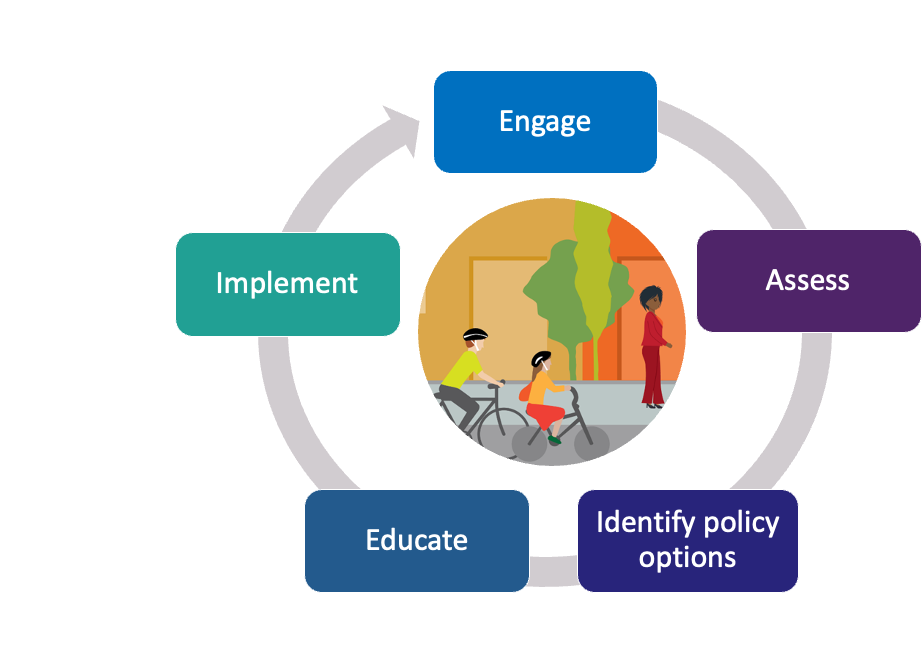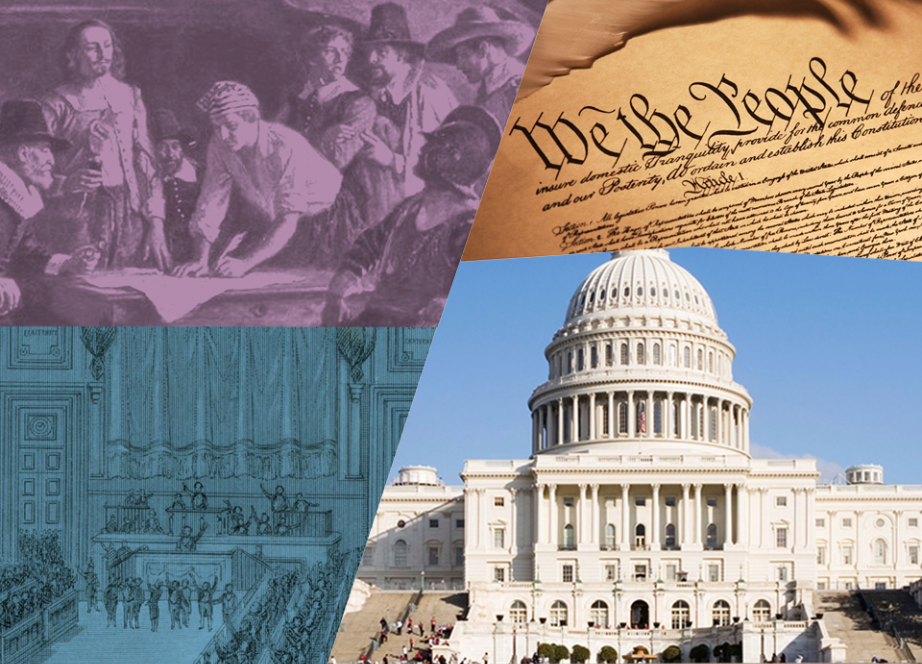Laws and policies affect almost every aspect of life — shaping not only where but how individuals and communities live, learn, work, and play. For example, laws and policies can help prevent the spread of communicable diseases, ensure that food is safe for consumption, provide access to transportation, and establish guidelines for safe housing.
Equally important is the foundational role that the law plays in the everyday practice of public health. Law and policy are essential tools for protecting and promoting the health of the public. Yet public health law is not part of most public health, medical, or nursing trainings. To address this training gap, the trainings listed at the bottom of this page provide an introduction to core public health law concepts that all public health practitioners need to know:
- What is public health law, and why is it important for non-lawyers and lawyers alike?
- What do public health practitioners need to know to navigate the legal system? How can they identify the most effective legal and policy tools to protect the health and well-being of individuals and communities?
- How can different levels of government collaborate to achieve improved health outcomes?
Get started
Check out the following training modules, which were designed to help build the capacity of today’s public health professionals to understand and use the law as an important public health tool.






